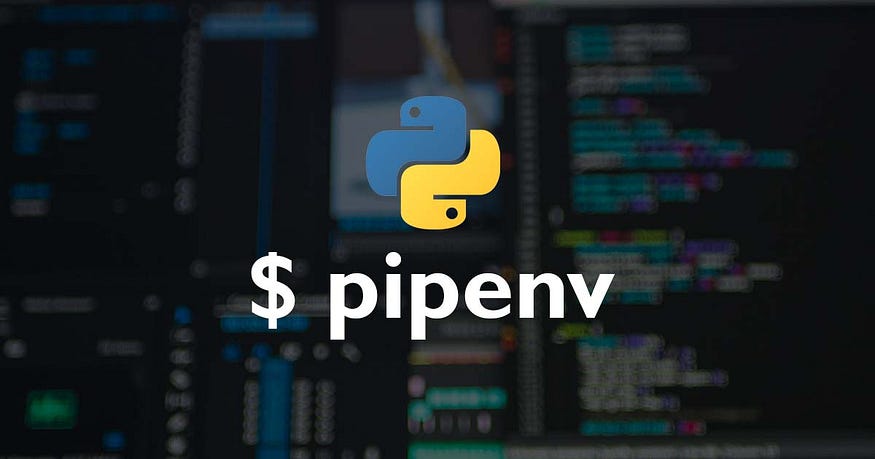
How to install
It’s a normal one command job if you have pip module installed
pip install pipenv
create environment for your project
Run below command in your project directory to create environment using pipenv
pipenv install
This will create two files in current directory. Pipfile and Pipfile.lock. It also create environment folder in your user directory but let’s not bother about that for now.
In case, this project already been created with pipenv earlier, it will install all the dependencies lock with existing Pipfile.
💡 Learn how to use the zip method to convert lists into dictionaries in Python:
How to Use the Zip Method to Convert Lists into Dictionaries
👉 To read more such acrticles, sign up for free on Differ.
Adding module/packages to your environment
Once the environment is created, you are good to start adding your project dependency to it. For example, you are using boto3 for AWS related development, below statement will add boto3 to created environment.
pipenv install boto3
This will create entry in both pipenv and pipenv.lock file. This is how the pipfile looks like.
[[source]]
name = "pypi"
url = "[https://pypi.org/simple](https://pypi.org/simple)"
verify_ssl = true[dev-packages][packages]
boto3 = "*"**[requires]
python_version = "3.7"
if there are some packages you need just for your dev environment , like unit testing (using pytest), you can add them just for development by below command.
pipenv install pytest --dev
Start using added dependencies in project
Now that we have added dependencies, we can start writing python code by importing those dependencies in code. There are two way to run commands in environment
Run commands in environment by running shell
pipenv shell
This will launch shell and prompt you indicating environment name. you can start running command on that prompt. One can exit the shell by ‘exit’ command.
Run commands in environment without running shell
In order to run command in environment without running shell, you need to start all your commands with ‘pipenv run’
pipenv run python example.py
Above command will run example.py in created environment
Remove dependency from environment
You may want to remove dependency which is no longer needed
pipenv uninstall boto3